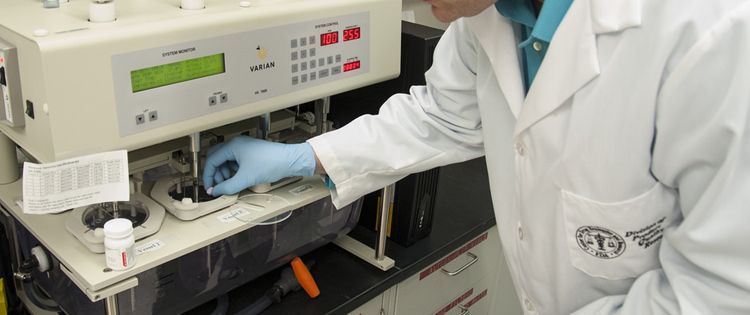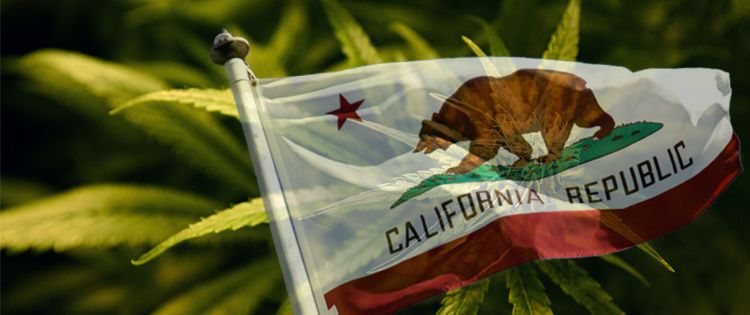Marijuana has been legal for medical and recreational use for Californians 21 and over. The state has been proactive in the movement to normalize the substance but its citizens are still losing their jobs for off-duty cannabis use.
The worst part is they can still be laid off even if their marijuana use is suggested and prescribed by their doctors.
Fortunately, this could change for the Golden State with a new proposed law from a member of a legislative assembly. The assemblyman hopes to pass the first anti-discrimination decree for cannabis users especially for those who use it for medicinal purposes.
Rob Bonta from Oakland with Assemblyman Bill Quirk from Hayward as his co-author proposed the Assembly Bill 2069. It aims to prevent an employer from taking on discriminating measures against individuals on the basis of a positive drug test results.

Cases of unfair treatment were reported in the past months as heads of businesses dismissed their employees who are qualified to use medical marijuana.
On the employer’s defence, they argue that although the substance is legal in the state, federal law still deems it illegal.
The federal government still classifies cannabis as a Schedule I drug. This means that they categorize it as dangerous and has no medical implications.
Bonta’s proposition does not disrespect the fears of the businesses as the bills still state that employers are free to beholden the licensing or funding from the federal government. This means they can still reject patients who are on marijuana medication for them to comply with the federal law. They can also fire employees who they deem “impaired” while on duty.
In the proposition’s judicial counsel digest, the state notes that many of the employees with their doctors reported medical cannabis being a good solution for pain relief and has disabled conditions that could encumber their working performance.
A survey done by the Drug and Alcohol Review in 2014 found out that 1 in 20 Californian adults had treated their serious conditions with medical marijuana. According to that survey, 90 percent of the respondents stated that the medication was effective.
The bill’s legislative counsel digest further expounds that although medical marijuana is prohibited for the workers, employers nonetheless allow the more addictive and dangerous alternatives like opiates as long as it is recommended by their physicians.

Last year, 64,070 American died from opioid drug overdose. According to CDC, this is more than the number of Americans who were killed in the Vietnam War.
Assembly Bill 2069 fits into a trend as well. Eleven states, namely, Rhode Island, Pennsylvania, Delaware, Arkansas, Connecticut, Minnesota, Arizona, New York, Nevada, Illinois, and Maine have now medical marijuana-related laws that protect the patients from workplace discrimination.
The counsel’s digest also found that there are no scientific works or research studies that prove that employees who use medical cannabis are substandard workers. Furthermore, the United States Food and Drug Administration disclosed that drug tests in the place of work was never determined to demonstrate effectivity and safety in terms of improving the organization.
A standard drug test cannot detect alcohol in the body, so a worker with a hungover can pass it easily and still do his job. But probably not in his best condition.
Conversely, an employee who smoked marijuana six weeks ago can be fired because of the aforementioned test. The technology that tests the employees discriminates against the consumption of medical cannabis. According to the digest, the machine can scan the substance even if it was consumed days or even weeks before the inspection.

AB 2069 expands the state’s existing anti-discrimination rules that already prohibits the discrimination in California by “color, medical condition, mental disability, national origin, physical disability, race ancestry, and religious creed“.
Medical marijuana laws have been in place in California since 1996 and in 2008, a workplace discrimination issue was settled by the California Supreme Court.
Their decision in a precedent-setting case of the Ross vs RagingWire Telecommunications, Inc., held that businesses are not obligated to accommodate their worker’s use of medical marijuana.
Colorado’s supreme court gave the same conclusion in 2015 with the case of Coats against the Dish Network.
Medical cannabis has expanded to more than 29 states. As of the moment, more marijuana legislation are being proposed nationwide including discrimination of its users.
The polls done by Quinnipiac found out that the support of Americans for medical marijuana is at 90 percent. Currently, the federal government is forbidden from expending dollars to intervene with state-legal medical marijuana programs.
More and more workplace rights for marijuana users are now the trend. This includes letting the employee’s claim insurance money to cover purchasing medical marijuana goods.

A poll recently commissioned by a cannabis breathalyzer business in Oakland determined that more or less half of companies in states where marijuana is legal to have a compromise with their employees who are medical cannabis patients. According to that survey, 56 percent of the businesses who participated has discriminated against the employees who consume marijuana even with responsible, off-duty use.
Just this February, employers are now prohibited to fire their workers who use marijuana off-duty in Maine.
Another survey regarding the topic was done by California National Organization for the Reform of Marijuana Laws or CalNORML, an advocacy group.
They found that ten percent of the respondents lost their jobs because their drug test results showed positive for marijuana. Twenty percent, on the other hand, has been rejected employment because they are medical marijuana patients.
Finally, almost half of them are afraid of losing their jobs because of the discrimination against medical cannabis in the workplace.
What are your thoughts on the discrimination of medical marijuana patient-employees? Share it with us in the comments below.
- How Commercial Cannabis Growers Can Benefit from Using a Software - May 17, 2019
- Understanding CBD Interactions and Why CBD and Your Brain Can Be Best Friends - January 4, 2019
- The Difference Between Using THC and CBD - December 19, 2018


